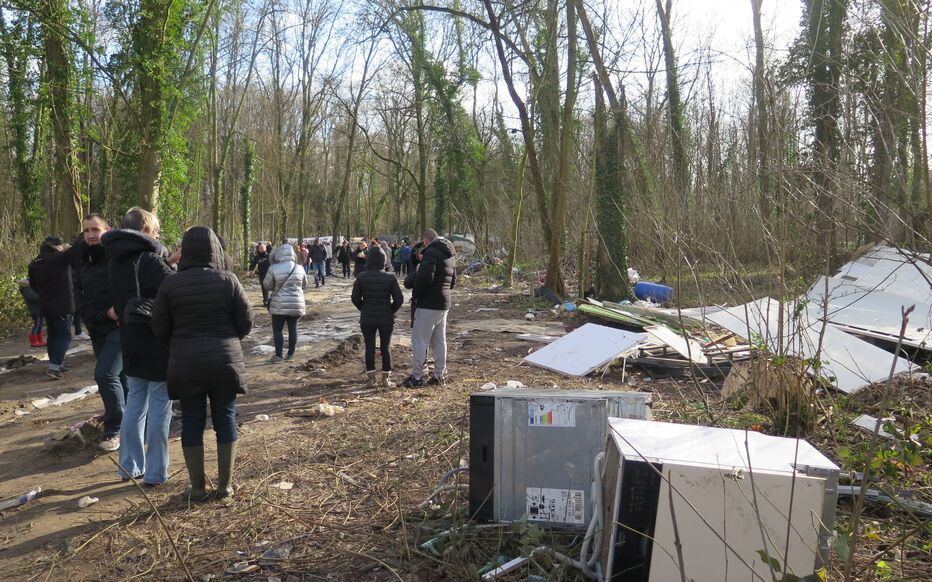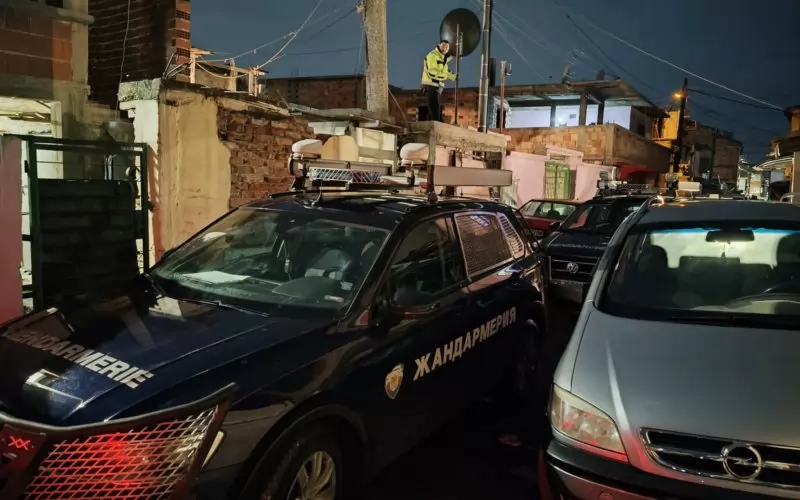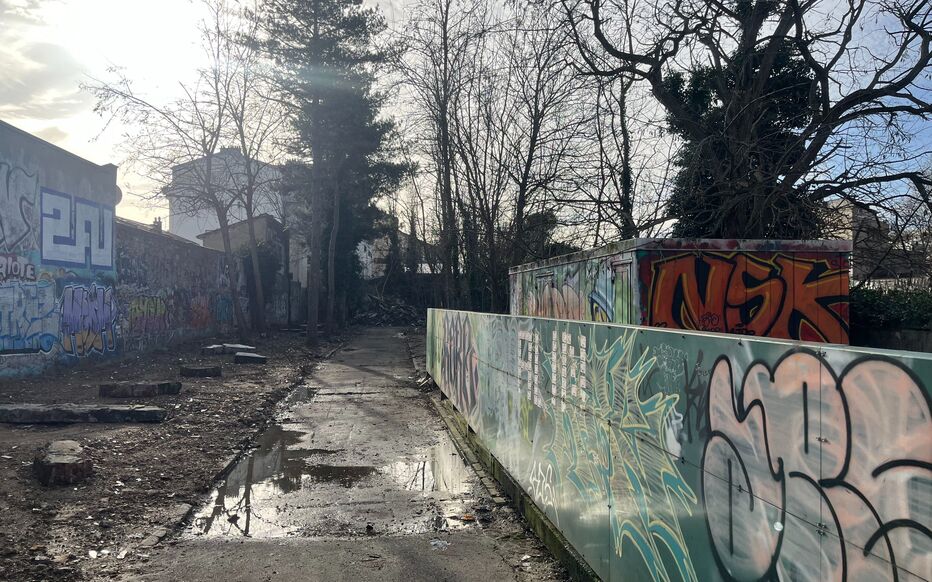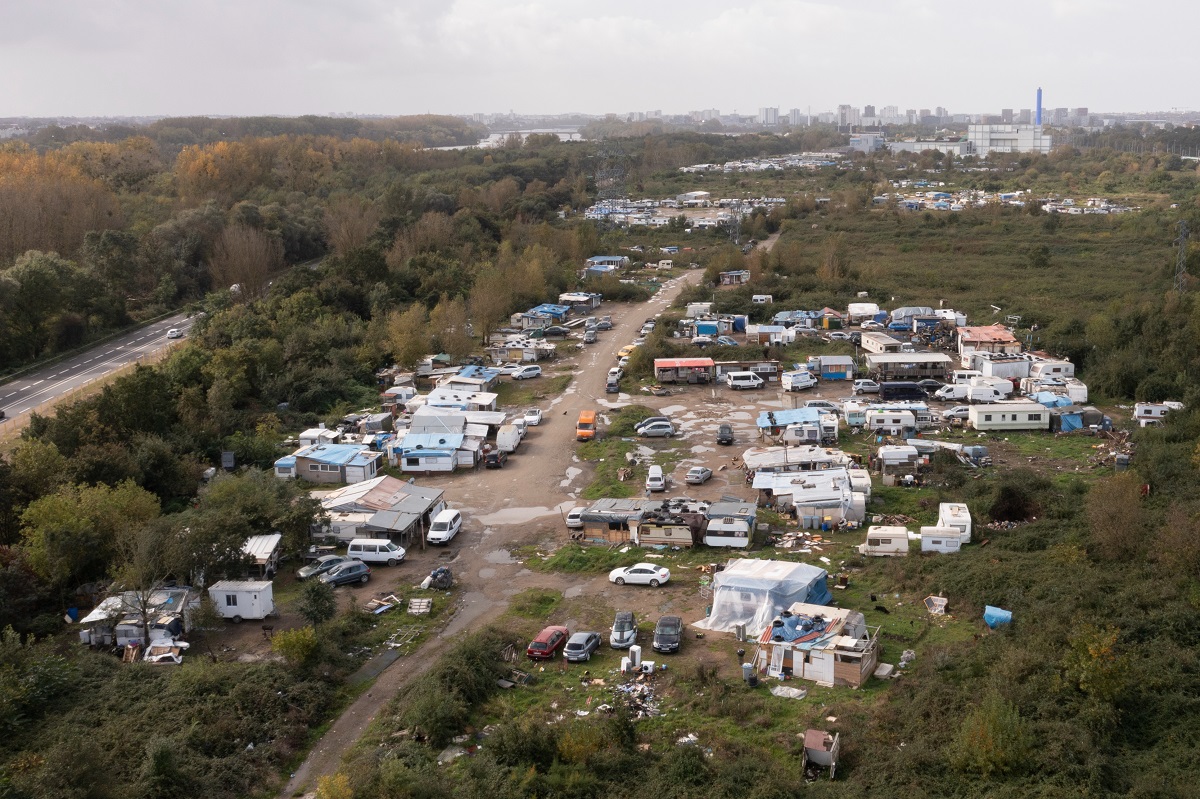Info Maritima (2014) reports on the threatened eviction of an empty house occupied by Rroma in Martigues. Martigues is a port town, 30 kilometres west of Marseille. The building is owned by the agency for environment, facilities and accommodation (DEAL), which has requested the eviction. The judiciary has approved the request, and ordered the eviction of the around 40 people within a month. It also points out that in the near future, a bypass is planned at the site of the building, and that the security of the place is not guaranteed. On the opposite side, the affected Rroma and their supporters point out that all children of the families are enrolled in local schools. The adults continue to educate themselves, have employment contracts, or are enrolled at the employment agency. An eviction would hinder these integration efforts with new obstacles that don’t foster an inclusion of the immigrant Rroma and significantly complicate their chances to a better future: “The young Simonia, 14 years old, did not speak French five years ago. Today, she speaks the language and leads the normal life of a grammarschool. “Everything is going well at school. I have friends. For me it is important to study, because I do not want to have the same life as my parents do. I want to have a job and my own house.” Because they support and guide a community that wants to integrate, the collective of supporters demands a longer time frame [for evacuation] at the meeting with the provincial office next Monday.” Once more, one needs to emphasise that the forced evacuations of informal settlements or empty houses complicate the long-term integration of the Rroma immigrants. The evictions reverse the integration efforts of those affected or exacerbate them. The rigorous expulsion of the minority reflects the unwillingness of the French government to engage in an active integration policy. In addition, through the one-sided media focus on the informal settlements it is suggested that there are only Rroma who belong to the underclass and are poorly educated. However, the Rroma from the slums – an estimated 17,000 persons – constitute only a small part of all Rroma in France. According to estimates of the Rroma Foundation, 100,000 to 500,000 Rroma live in France. These invisible Rroma are integrated, work, and have their own flats. They belong to the middle or even upper-class and are ignored by the French media, the public and politicians. For fear of discrimination, many of the integrated Rroma keep their identity a secret.
- Maritima Info (2014) Les Roms de St Jean menacés d’expulsion. In: Maritima Info online vom 2.10.2014. http://www.maritima.info/actualites/societe/martigues/6035/les-roms-de-st-jean-menaces-d-expulsion.html







